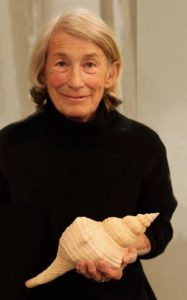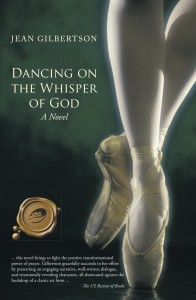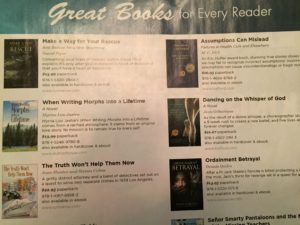 From time to time, this blog looks at something about writing, which can sometimes be as much of a spiritual practice as meditation or prayer or labyrinth-walking.
From time to time, this blog looks at something about writing, which can sometimes be as much of a spiritual practice as meditation or prayer or labyrinth-walking.
Writing, though, is usually more intentional than many other spiritual practices. Part of the intentionality is how deliberate the writer must be about word choice and image choice.
Just in case you don’t believe that, here is a short and somewhat playful demonstration:
“Her face reddened” means one thing. (Has she been caught in a lie?)
“Her eyes reddened” means something altogether different. (Is she sad, or about to cry?)
“Her hair reddened” is a whole other thing. (Only her hair dresser knows for sure.) And “her ears reddened” is another shift in meaning. (Likely embarrassed about something — or possibly just caught out in the cold without earmuffs.) Yet, all of these are about redness occurring on the head.
We also talk about “red-handed,” which means something different from “her hands were red.” And a business might be “in the red” but might be saved by a “red-letter day.”
The English language offers so much meaning, often layers of it. It is a gift to find a writer who knows the depth of what’s possible with our language and how to employ it artfully.




 I was saddened to see the announcement yesterday of the passing of Mary Oliver, longtime favorite poet of mine and of many others in my circles. What an extraordinary woman and writer! I first fell in love with her over her poem “The Summer Day,” which asks big questions like “Who made the world?” and states big thoughts like “I don’t know exactly what a prayer is,” then devotes the heart of the poem to a grasshopper she has happened to meet. That’s the poem that ends with her famous question: “Tell me, what is it you plan to do with your one wild and precious life?”
I was saddened to see the announcement yesterday of the passing of Mary Oliver, longtime favorite poet of mine and of many others in my circles. What an extraordinary woman and writer! I first fell in love with her over her poem “The Summer Day,” which asks big questions like “Who made the world?” and states big thoughts like “I don’t know exactly what a prayer is,” then devotes the heart of the poem to a grasshopper she has happened to meet. That’s the poem that ends with her famous question: “Tell me, what is it you plan to do with your one wild and precious life?” These days, getting the mail is not usually something I celebrate. This week, however, I received an unexpected magazine in the mail that gave me real joy.
These days, getting the mail is not usually something I celebrate. This week, however, I received an unexpected magazine in the mail that gave me real joy.






